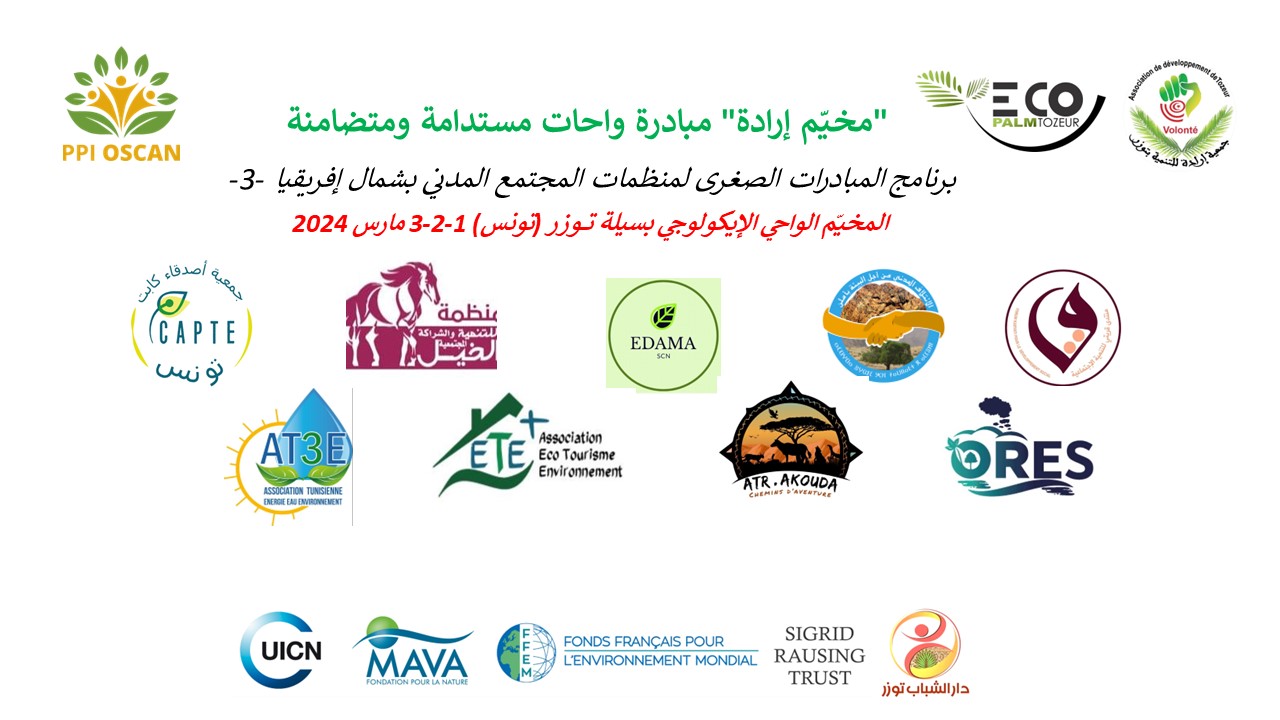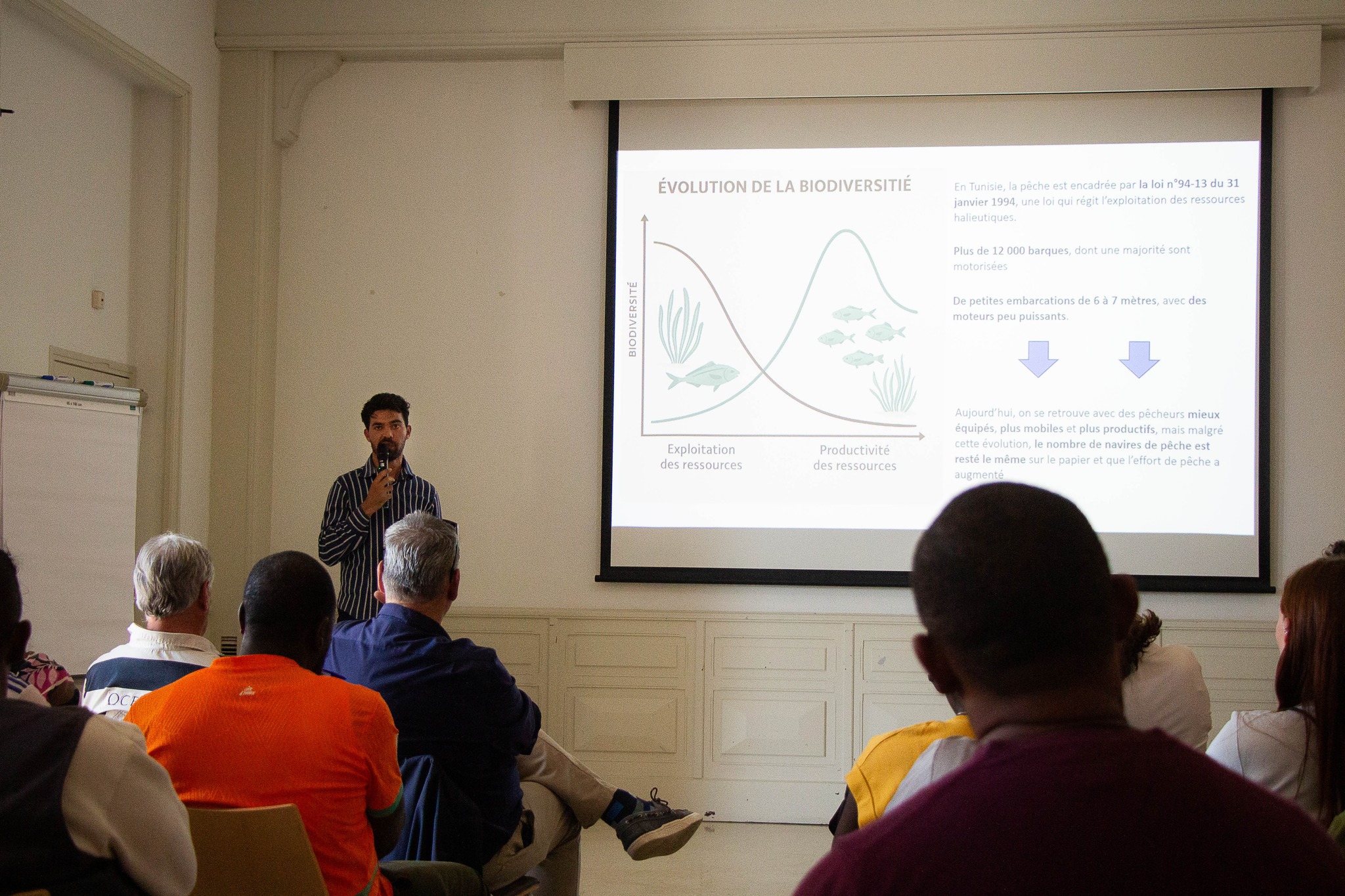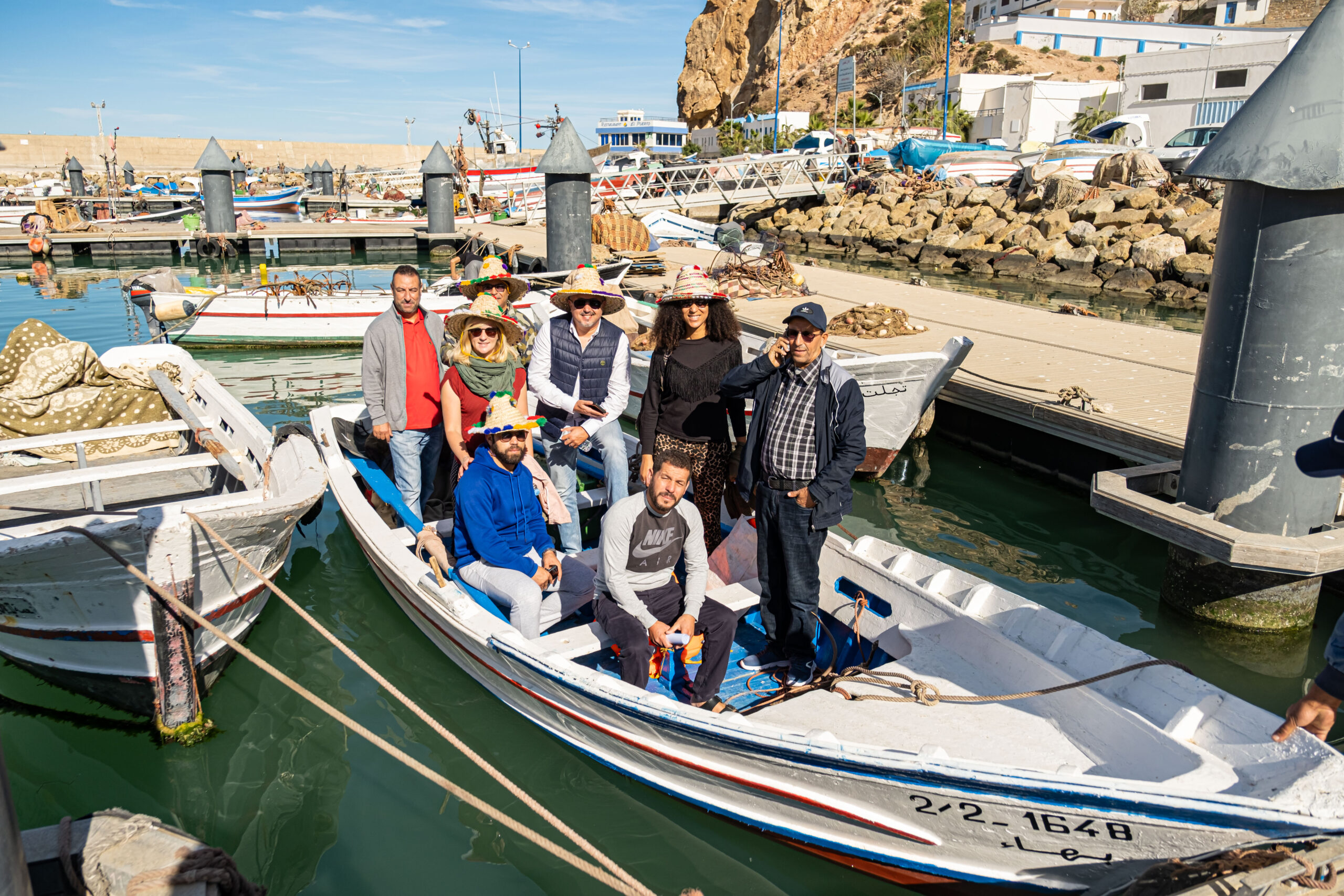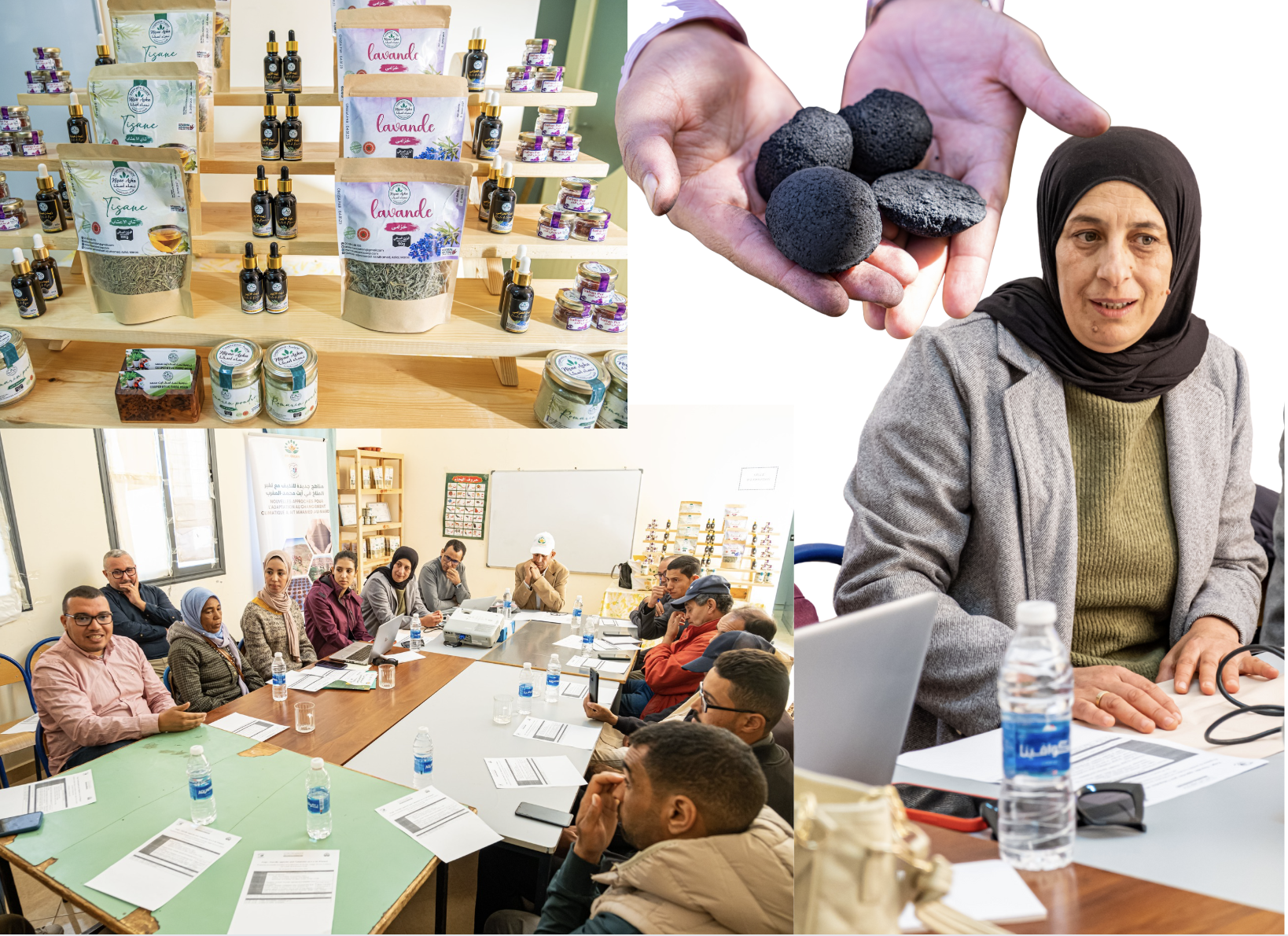From March 1st to 3rd, 2024, the IRADA Association for the Development of Tozeur organized a regional camp on the theme “For Sustainable and Solidary Oases” in Tozeur, Tunisia. This camp represents the first international initiative bringing together ten Libyan, Moroccan, and Tunisian associations from PPI OSCAN 3, involved in oasis conservation in North Africa.
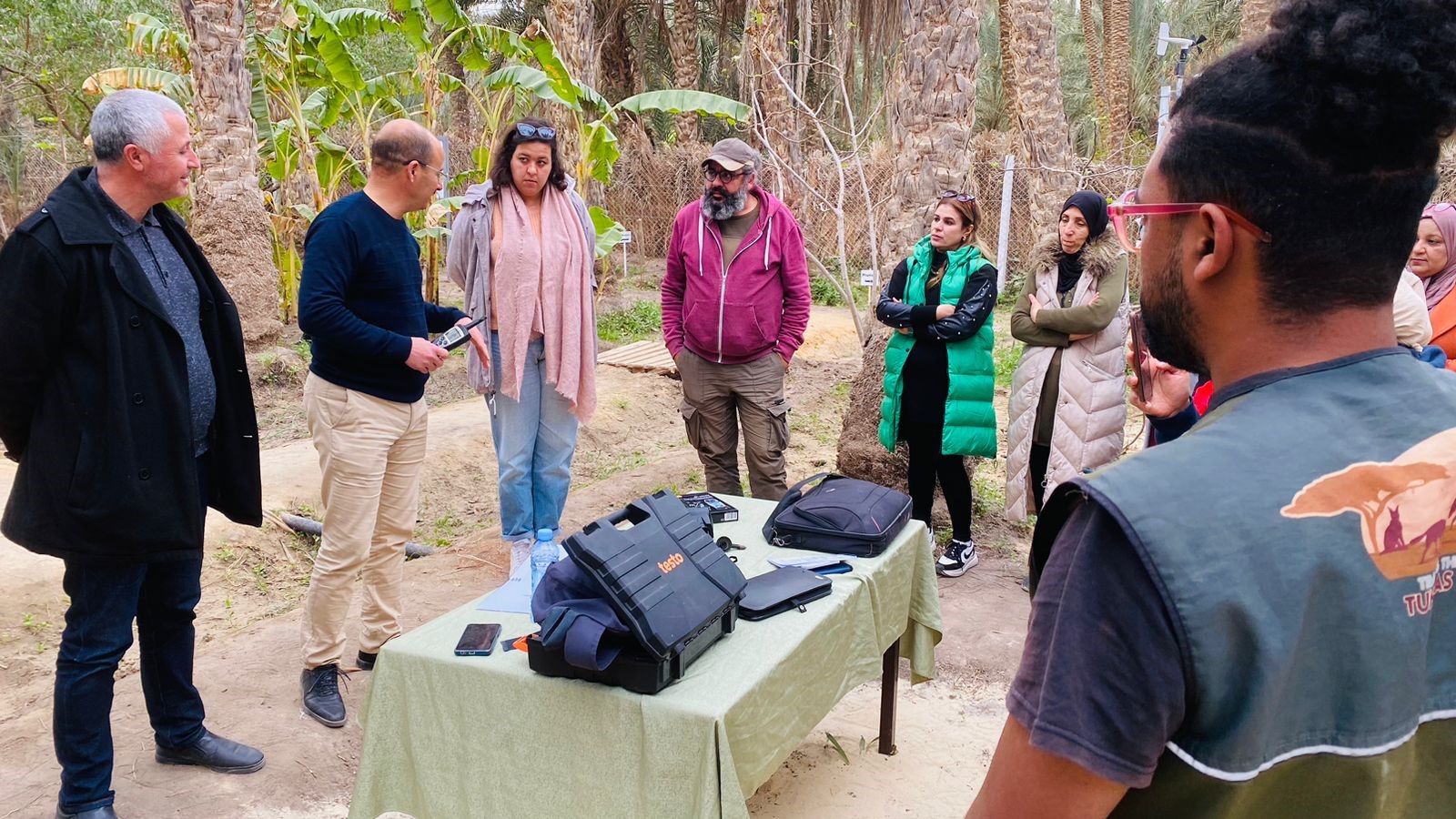
One of the four pillars of the PPI OSCAN program is networking civil society organizations to echo their multiple initiatives with local policies and to offer a collective response to environmental issues. Today, the Irada Tozeur association of PPI OSCAN3 has risen to this challenge by organizing a three-day camp for sharing experiences of expert associations in conserving natural resources in arid environments, particularly oases. Were present Libyan associations Edama and Al Khail, Moroccan associations Forum Karyati and Alliance Ammeln, and Tunisian associations Irada Tozeur, Les Amis du Capte, Atrakouda, AT3E, ORES, and ETE+.
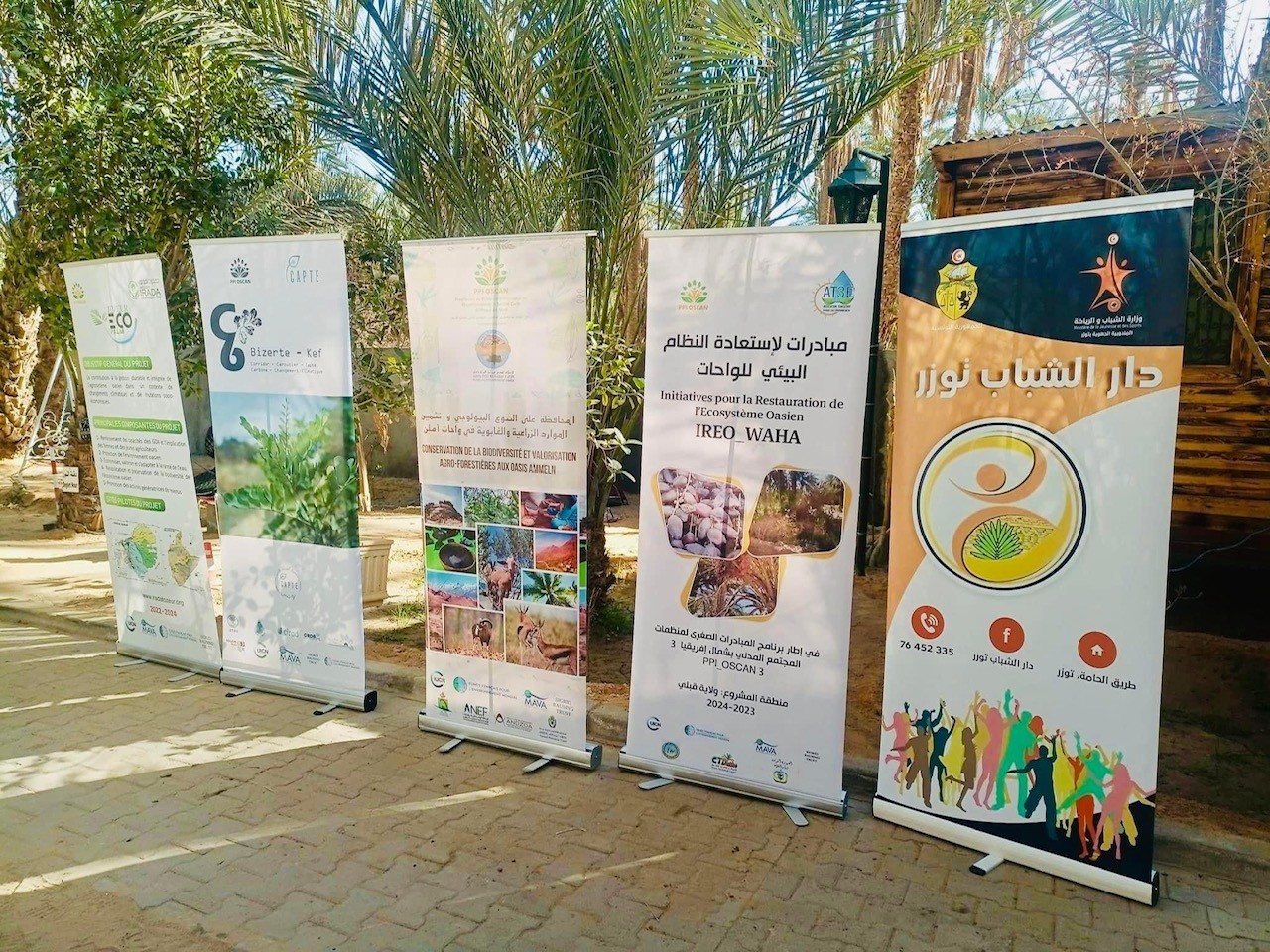
Tunisian oases represent vital sources of employment and income in the South, covering 41,000 hectares spread across four governorates: Kébili, Gabès, Gafsa, and Tozeur. However, these fragile ecosystems face increasing pressures related to climate change, overexploitation of groundwater, urban expansion, and a lack of sustainable development vision. Faced with this crisis, the camp was an opportunity for discussions on the Sustainable Oasis Development Strategy in Tunisia and the intervention of Mr. Guesmi Ridha from the Directorate of the Environment for the Southern Region. Mr. Ridha Guesmi highlighted the threat posed by water scarcity and urbanization, leading to the extinction of several plant species.
The Irada association took advantage of this initiative to showcase the results of its PPI OSCAN 3 Tozeur Eco Palm project on improving palm groves and water management. Interactive workshops included sessions on localized irrigation techniques led by Dr. Hedi ben Ali (TCIS Agri) and the dissemination of water-saving practices in agricultural farms. These initiatives aim to address water deficits in the Tozeur oasis and ensure sustainable water management, restoration of oasis ecosystems, and improvement of irrigation techniques.
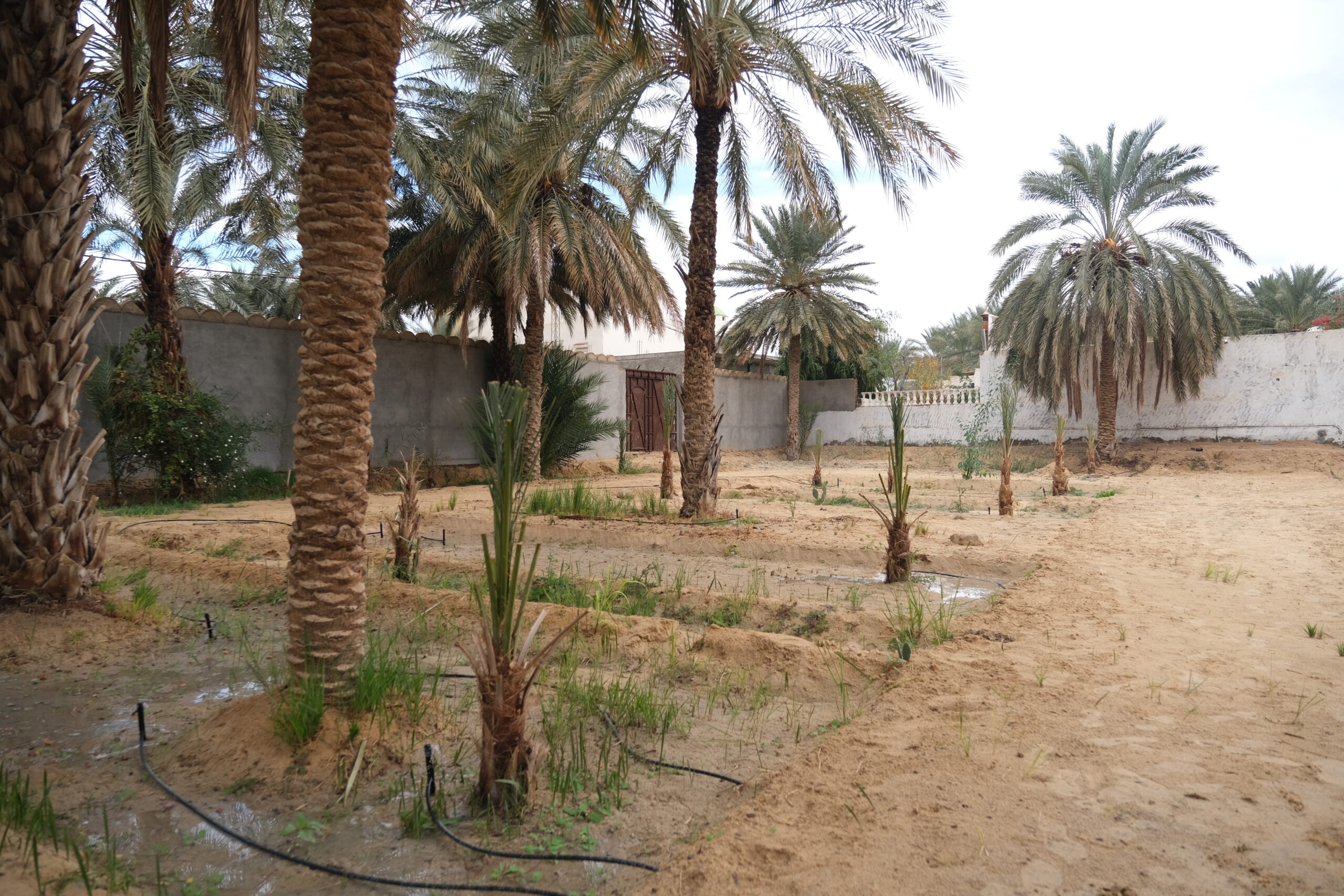
Participants also took a guided tour of the Dghoumès National Park and Chott Djérid (Ramsar site), with a focus on the desert tree acacia raddiana, led by Dr. Khaled ABAZA from the University of Tunis.
The IRADA camp has thus created an international platform for associations from the three countries to stimulate conversations, promote partnerships, and mobilize efforts in favor of sustainable and supportive oasis development in North Africa, thereby ensuring their resilience to environmental challenges. In particular, the four associations implementing a PPI OSCAN project for oasis conservation – Forum Karyati and Alliance Ammeln from Morocco, Irada Tozeur, and AT3E in Tunisia – have committed themselves by signing a partnership and exchange agreement for Sustainable and Solidary Oases.
